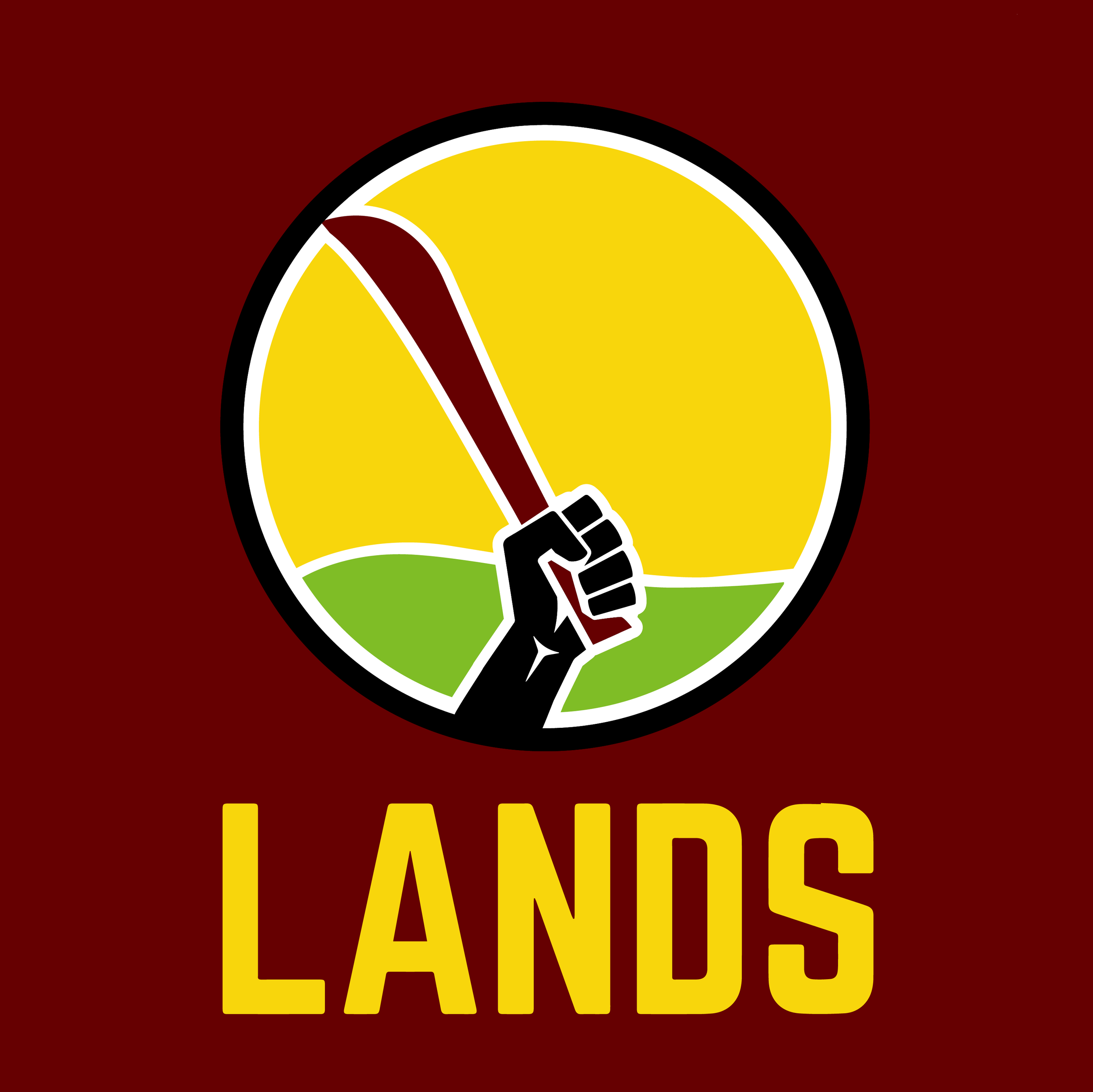Marxism-Leninism
This is material on the ideas and principles that are associated with Marxism-Leninism.
Anarchism and Socialism
(Read freely online)
A direct and short critique of Anarchism by Lenin.
On Authority
(Read freely online)
When Lenin faced criticism from anti-authoritarian Leftists, he referenced the work "On Authority" by Engels as a response. It is a short piece which explains the necessity of a transitional revolutionary government to be authoritarian.
Black People, the CPUSA, and Self-Determination
(Read freely online)
This paper looks at the contributions of Lenin and Stalin to Harry Haywood's work on self-determination for Black people in the US.
Eliminating Dogmatism
(Read freely online)
In trying to develop Juche, Kim Il Sung criticised the tendency to abide by dogma and lazy repetition. He instead called for proper ideological work to be done, by going deeper into issues and taking the material conditions of Korea into account.
Foundations of Leninism
(Read freely online)
Stalin explained the core principles and tenets of Marxism-Leninism, as well as its historical roots.
Dictatorship of the Proletariat
(Read freely online)
In Chapter 4 of Foundations of Leninism, Stalin explains the Marxist-Leninist concept of the 'dictatorship of the proletariat' where the working class takes control of the state
The National Question
(Read freely online)
In Chapter 6 of Foundations of Leninism, Stalin explains the Marxist-Leninist position on the national question.
The Party
(Read freely online)
In Chapter 8 of Foundations of Leninism, Stalin explains the role of the Marxist-Leninist vanguard party.
Left Anti-Communism
(Read freely online)
Michael Parenti attacked what he considers to be a puritan tendency among Leftists, particularly British and American Leftists, where they hold Socialist movements and governments to unrealistic standards without understanding the conditions that they operate in.
Maoism vs. National Liberation
(Read freely online)
This piece cites Stalin, Mao, and the Third International in its support for national liberation of Black people in the USA and self-determination of the Black Belt. It says that Marxist-Leninists must realise that the main hits against US imperialism will come from national liberation struggles.
People's Democratic Dictatorship
(Read freely online)
Mao further developed the Marxist-Leninist idea of the 'dictatorship of the proletariat' to include the peasantry, with more emphasis on the importance of a class alliance with the peasantry.
Principles of Political Morality
(Read freely online)
Robespierre justified a revolutionary government's use of force, saying that force is not inherently bad, and that what matters is who uses it and in whose interests it is used.
State and Revolution
(Read freely online)
Lenin's work on "The State and Revolution" is considered to be one of the most important developments of modern Marxist understandings of the state.
Class Society and the State
(Read freely online)
In the first chapter of The State and Revolution, Lenin explains the role of classes in the character of the state, and the role of the state in entrenching the power of a particular class. The state is considered to be a tool that is used to manage relationships among classes with conflicting interests.
Economic Basis of the Withering Away of the State
(Read freely online)
In the 5th chapter of The State and Revolution, Lenin attempts to explain the connection between the dictatorship of the proletariat in destroying Capitalism and achieving the ultimate Communist goal of a stateless and classless society.
Trotskyism or Leninism?
(Read freely online)
This is a critique of the idealistic and Eurocentric tendencies in Trotsky's theoretical positions. Trotsky abides by the old Orthodox Marxist assumptions that the only 2 classes that matter are the bourgeoisie and the proletariat, and he thus fails to appreciate the role of the peasantry, and he undermines the revolutionary potential of the non-proletarian classes in societies that do not have a large proletariat.









